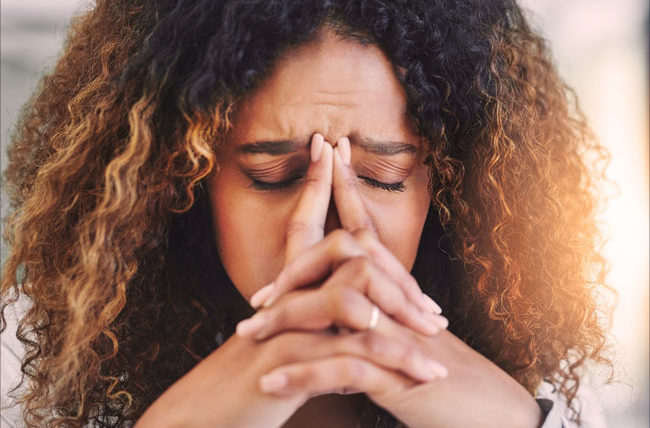If you suffer from anxiety, you are not alone. Many people experience panic attacks and anxiety disorder at one time or another. In some cases, there are no obvious symptoms at all. For these people, self-help methods are effective. However, if you are experiencing extreme cases of anxiety, you should seek professional help. If you are experiencing physical symptoms, you should see a doctor for a thorough medical examination and to rule out other medical conditions. Anxiety disorders can also be caused by certain drugs and recreational substances, and they should be diagnosed by a doctor.

Some people experience anxiety every day, and it’s a normal reaction to certain situations. Anxiety helps you stay alert and avoid potentially dangerous situations. It’s also the body’s way of alerting you to danger and risk. The fight or flight response causes your body to release stress hormones, which can cause physical symptoms of anxiety. Anxiety symptoms may include shaking, sweating, and chest tightness. If these symptoms are persistent, you may want to talk to a physician for an evaluation.
Fortunately, anxiety is not always an immediate symptom. It often develops as a result of a more chronic illness. If you have severe symptoms of anxiety, you should seek medical attention. Anxiety is a disorder that can lead to depression, alcoholism, and a host of other issues. The symptoms of anxiety vary, but there are some common indicators. Once you’ve found a treatment for anxiety, you can begin to feel better.
The most common physical symptoms of anxiety include a faster heartbeat, tense muscles, and sweaty palms. These are all part of your body’s fight or flight response. While they may be mild or severe, these are signs that you’re suffering from anxiety. These symptoms are usually temporary and are often accompanied by a loss of activity. You might even lose weight and experience a decrease in performance. And your emotional state will also change.
Anxiety is a condition in which the body has difficulty recovering after a traumatic experience. Symptoms of PTSD include the reliving of the trauma and avoiding situations that remind the sufferer of it. Symptoms of post-traumatic stress disorder (PTSD) may also include the occurrence of new traumatic events or stressful experiences. It may be difficult to stop smoking, but there are methods to reduce anxiety. You can try these techniques to relax and improve your quality of life.
Anxiety is a normal reaction for many people. It is an alarm system that warns us of danger. The brain releases hormones to protect us from harmful situations. Anxiety is a condition that causes our body to feel anxious and fearful. If it affects your daily life, you should seek professional help. The best treatment will depend on your age and your level of anxiety. Using these techniques will reduce the stress and allow you to get back to a normal life.
Symptoms of post-traumatic stress disorder are common and can lead to serious health complications. Anxiety is caused by a variety of different factors. Anxiety is a common form of phobias. It is a common condition that can cause a person to experience intense fear and anxiety. Various types of post-traumatic stress disorder may result in a person to feel fearful and avoid situations that remind them of the traumatic event.
Other causes of anxiety include chronic medical conditions and severe illnesses. Anxiety disorders are common among people who have suffered from a traumatic event. Some of the symptoms of post-traumatic stress disorder include the reliving of the traumatic experience, avoiding situations that remind you of the traumatic event, and avoiding objects that bring on feelings of fear. All of these behaviors can be considered avoidances. When you are experiencing them, you should consider the type of therapy you need to deal with it.
Anxiety is not a condition that can be cured, but it can be treated. If you’re suffering from post-traumatic stress, your symptoms should be diagnosed and treated. Taking medication can relieve the symptoms of anxiety. In addition, medication can be prescribed if the symptoms do not disappear. It’s important to consult with a physician if you’re struggling with anxiety. It’s important to understand your symptoms. Anxiety can affect your life, so it is important to seek professional help.

